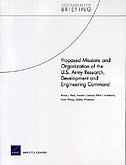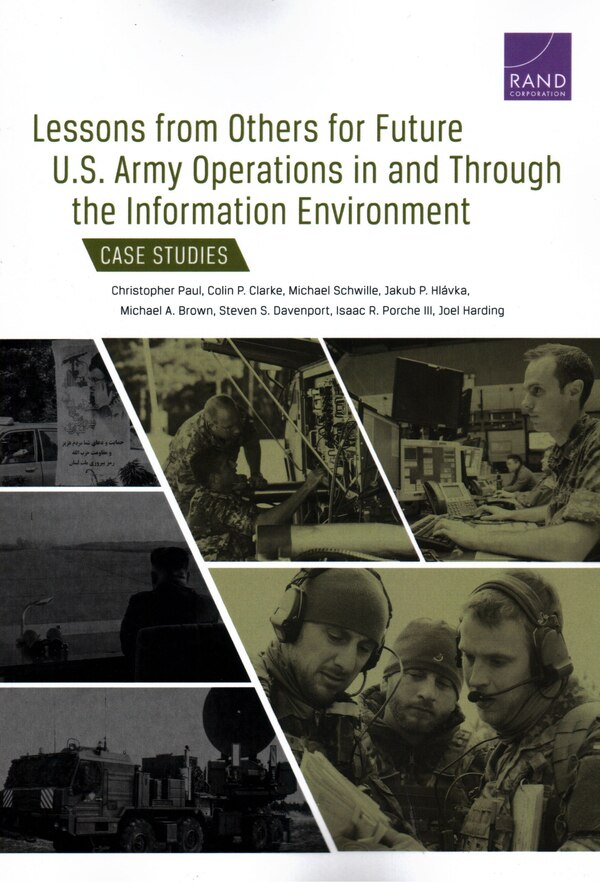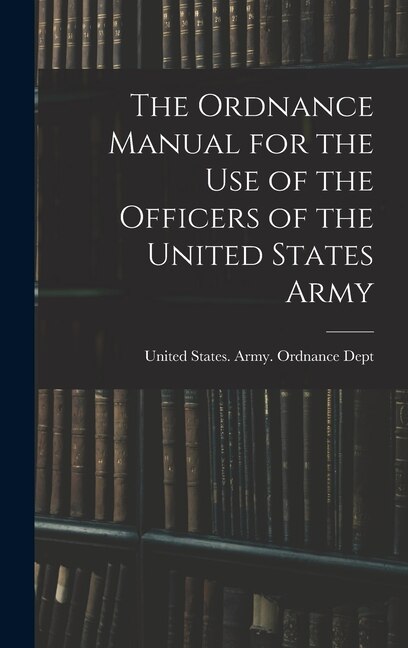Home
Organizational Implications Of The U.s. Army's Increasing Demand For Explosive Ordnance Disposal Capabilities by Christopher F Riemer, Paperback
Loading Inventory...

Organizational Implications Of The U.s. Army's Increasing Demand For Explosive Ordnance Disposal Capabilities by Christopher F Riemer, Paperback
From Christopher F Riemer
Current price: $59.00


From Christopher F Riemer
Organizational Implications Of The U.s. Army's Increasing Demand For Explosive Ordnance Disposal Capabilities by Christopher F Riemer, Paperback
Current price: $59.00
Loading Inventory...
Size: 0.13 x 9.69 x 0.29
*Product information may vary - to confirm product availability, pricing, shipping and return information please contact Coles
The Unites States Army is an institution that competes in a complex, dynamic environment. Although the core competencies of explosive ordnance disposal (EOD) organizations have not dramatically changed over the past forty years, the demands placed upon these organizations by the Army have increased significantly. EOD was once mainly viewed as a logistical or combat service support capability with niche tactical utility. However, the changing nature of society and increasing lethality of the modern battlefield have increased demand for explosive ordnance disposal capabilities throughout the operating environment. The cumulative effect of these forces has been a paradigm shift in the EOD community's warfighting focus. This monograph traces the development and operational experiences of the U. S. Army's EOD forces since Vietnam to clearly demonstrate the community's gravitational movement towards the Protection warfighting function. Since the beginning of the Global War on Terror, the U. S. Army has transformed its operational EOD forces through the entire range of DOTMLPF (doctrine, organizations, training, materials, leadership, personnel, and facilities). However, it has either failed, or refused, to address the implications that EOD's protection focus has for the institutional Army. EOD's parent branch, the Ordnance Corps, is intensifying its traditional focus on sustainment through its consolidation with the Transportation and Quartermaster Corps at the Combined Arms Support Command (CASCOM) at Fort Lee, VA. Currently, CASCOM is the DOTMLPF integrator for EOD and the lead for the Sustainment warfighting function. Meanwhile, the Maneuver Support Center (MANSCEN) at Fort Leonard Wood is home of the Engineer Regiment, the Chemical Corps, and the Military Police Corps and serves the single integrator for maneuver support and the Protection warfighting function. MANSCEN is the logical integrator for EOD in the 21st Century based on the nature of both current threats and | Organizational Implications Of The U. s. Army's Increasing Demand For Explosive Ordnance Disposal Capabilities by Christopher F Riemer, Paperback | Organizational Implications Of The U.s. Army's Increasing Demand For Explosive Ordnance Disposal Capabilities by Christopher F Riemer, Paperback


















